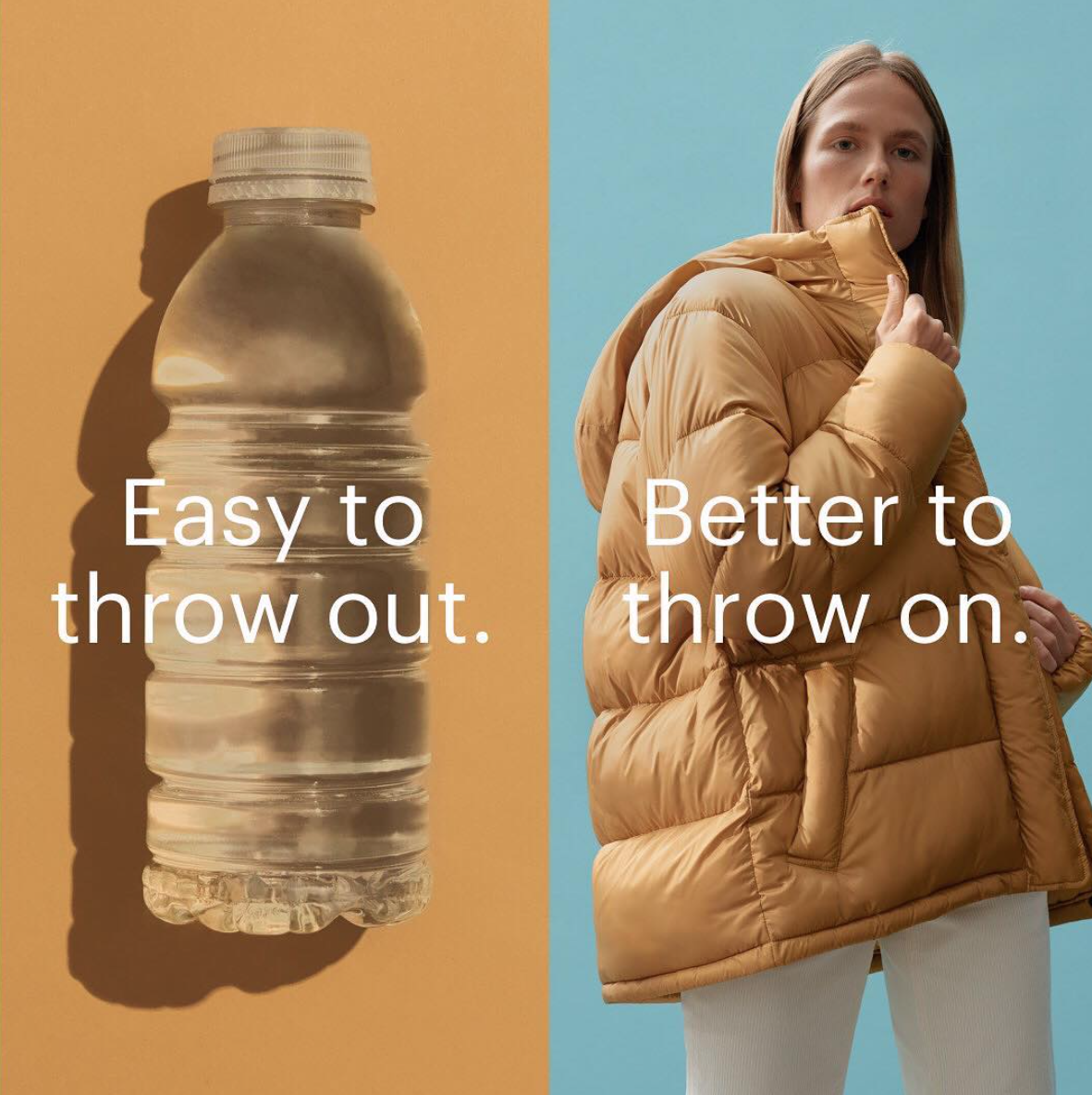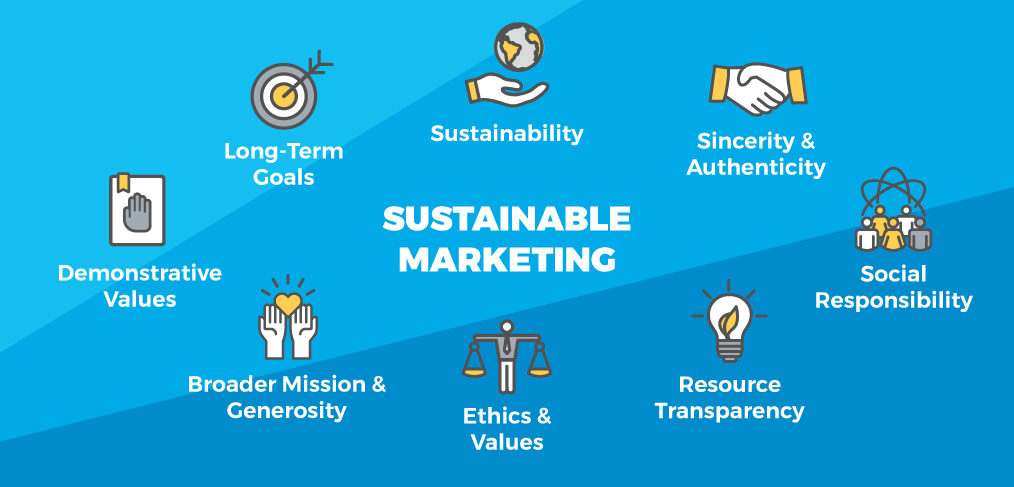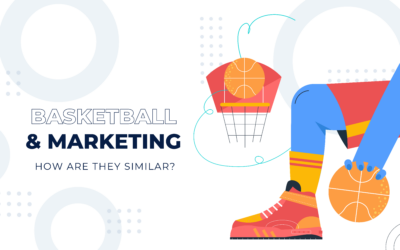Ten-to-fifteen years ago the idea of sustainable marketing could have been summed up by the catchphrase “going green.” Businesses were going paperless, reducing waste, limiting power usage, and using recycled products. The impact of business on the ecosystem was creating buzz, and many brands geared their messaging around their efforts towards saving our planet. These environmentally-friendly themes are in no way outdated, and we hope that everyone still makes every effort to be green.
Customers today, however, are increasingly focused on social responsibility in the products and services they frequent again and again with remarkable loyalty.
Three categories of sustainable marketing
Value-driven: A brand demonstrates that it values the same things as its customers do, such as the planet, community, or family, and it supports those values through its efforts to serve, volunteer, give, etc.
Socially-conscience: A brand focuses marketing around social issues like body image, child labor, green practices, small business sourcing, and more, and exhibits tangible ways it is working towards positive change.
Mission-driven: A brand markets a product or service that supports a specific mission or pledge and may engage its customers to take specific action in support.
Some brands using sustainable marketing to make waves

Everlane: This brand only partners with ethical factories around the world that score above a 90 on their compliance audit in factors like fair wages, reasonable hours, and environment. They call it “radical transparency” and reveal all the true costs behind the products they make; literally showing material, labor, transport, and duty costs on their website.
Aerie: This brand of women’s clothing by American Eagle is setting a precedent with no retouched photos. Their #AerieReal marketing campaign drove customers to engage on social media by posting their own un-touched photos and drove awareness by donating $1 for each post to the National Eating Disorders Association (NEDA).
Bombas: This brand is as well known for its bumblebee logo and its quality socks as it is for its mission to help those experiencing homelessness. For every item purchased, the company donates an item to someone affected by homelessness. They’ve donated more than 30 million items to more than 2,500 community organizations to date. And consumers are never going to be turned off by their 100% Happiness Guarantee.
Keep Nature Wild: “We’re on a mission” states this brand up on their homepage. For each product sold, the company pledges to physically pick up one pound of trash. In addition, all eco-friendly products are tracked from ethically-certified manufacturers to local, small-business fulfillment. A current campaign markets free DIY Clean-Up Kits with every purchase for the 50th anniversary of Earth Day.
Even our young entrepreneurs are taking these principles to heart. My 11-year-old niece, of Crafty Girl Creations, has pledged 10% of the profits from selling her handmade home décor pieces towards putting on kids’ fun days at an inner-city thrift store. Four years running, she has purchased craft supplies, prizes, games, and more, and the plan is in place for a fifth fun day.
Consumers continue to respond well to sustainable products. So much so, that we are seeing it translate to services and other avenues within a business. Sustainable marketing messaging that reflects progressive brand ethics can make a difference and help your business stand out among the competition.




